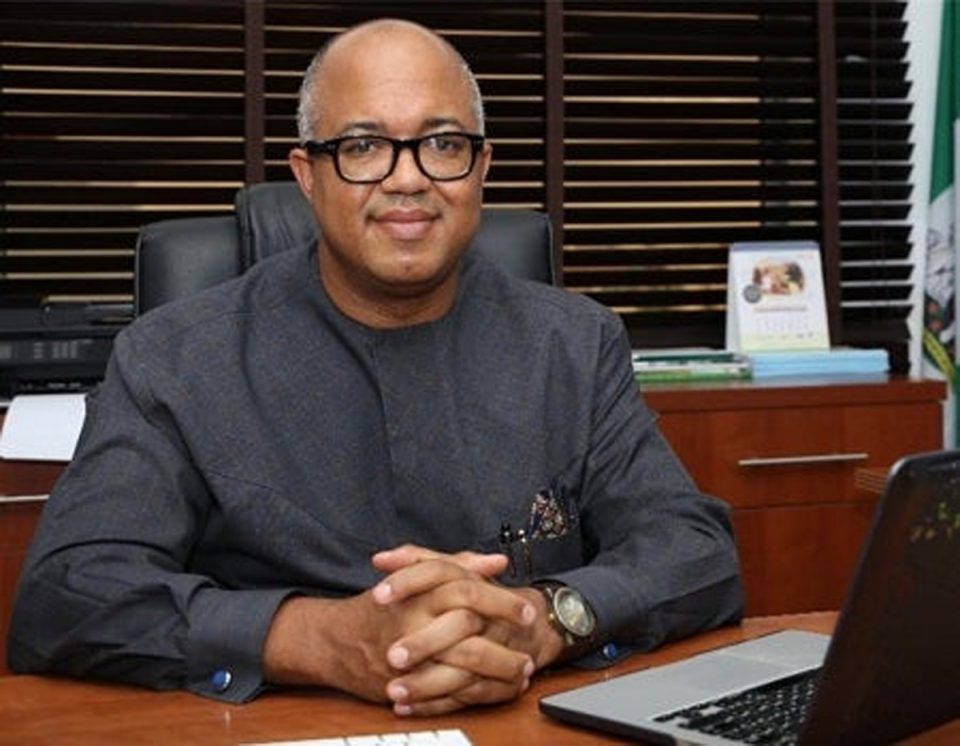The Nigeria Centre For Disease Control (NCDC) on Monday called on the private-owned laboratories in Nigeria to support the country’s testing capacity for the novel Coronavirus (COVID-19).
The NCDC Director-General, Dr Chikwe Ihekweazu, made the call at the Presidential Tasks Force (PTF) on COVID-19 national briefing in Abuja.
Ihekweazu said Nigeria, unlike other countries, places more burdens on the public laboratories.
He said: “From January 2020 to January 2021, we have activated 112 laboratories with the capacity to test for COVID-19 in the country.
“Seventy-four are public sector laboratories, 33 for private of which Lagos alone has 18 laboratories; Abuja has nine and five in other states, while the rest are corporate laboratories, serving the community around them.
“Unfortunately, we have not fully optimised the capacity of the private laboratories yet.
“If you look at South Africa, 60 per cent of all the tests done are from the private laboratories.
“In Nigeria, 30 per cent of the over one million tests that had been done is by the private sector. The public sector still bears the burden of being tested.”
Ihekweazu said that the rising numbers of COVID-19 cases and the need for testing provides an opportunity for the private sector to get more involved.
He said a framework had been developed for the private sector participation.
The NCDC director-general promised to send a team of supporters for the activation of private laboratory in any part of the country.
He said that in spite of the drive for vaccines in the country, testing remain relevant even, in times to come.
On schools resumption, the NCDC director-general urged both the parents and teachers to take collective responsibility in ensuring compliance to safety protocols.
He also said that the agency had published a new guidance for State Governments, public and private institutions on the use of approved Antigen (Ag) based Rapid Diagnostic Tests (RDT) for Coronavirus disease.
“In September 2020, the World Health Organisation (WHO) announced the Emergency Use Authorisation (EUA) of two Ag RDTs, manufactured by SD Biosensor and Abbott for COVID-19 testing.
“Following this, the Nigeria Centre for Disease Control, in collaboration with other stakeholders, carried out a national validation of these RDTs.
“The validation, which was carried out during the screening held at the National Youth Service Corps (NYSC) camps, showed that the RDTs meet minimal standards for sensitivity and specificity of COVID 19 diagnostic tests.
“As more Ag RDTs gain EUA from WHO, we will consider their use in Nigeria.
“This new guidance published by NCDC is to guide the use of RDTs in Nigeria. We are recommending its use, primarily in congregate settings.
“These include settings such as schools, hospitals for the testing of patients with symptoms of COVID-19 presenting in hospital triage areas and periodic testing of health care workers, as well as prisons, among others.
“While RDTs provide a faster turnaround time compared to the molecular Polymerase Chain Reaction (PCR) method, there are limitations with this test.
“For example, the currently available Ag-RDTs have a lower sensitivity compared to PCR tests.
“The test can, therefore, present false negative results in people who have been infected with the virus.
“This is why the molecular PCR method remains the gold standard for testing.
“An algorithm has been included in the guidance to ensure that cases such as this are not missed,” he explained.
The NCDC boss said the agency was introducing the use of these rapid antigen tests to contribute to Nigeria’s overall COVID-19 testing capacity.
He said: “The Ag-RDTs provide significant advantages over other available testing methods, especially in terms of shorter turnaround times and reduced costs.
“The correct use of Ag-RDTs will also enable the Government of Nigeria to increase the pace of testing, tracing and providing care for people with COVID-19.
“The Ag-RDTs developed by Abbott and SD Biosensor are highly portable and easy to administer.
“However, infection prevention and control measures must be adhered to by trained health workers administering the test.
“Further information on this is contained in the guidance published by NCDC.
“Since the beginning of the COVID-19 pandemic, NCDC has continued to lead Nigeria’s public health response activities.
“As part of this, the agency has been leading the expansion of testing capacity across the country. Till date, 112 public and private testing laboratories have been activated across all states and the Federal Capital Territory,” he said.



